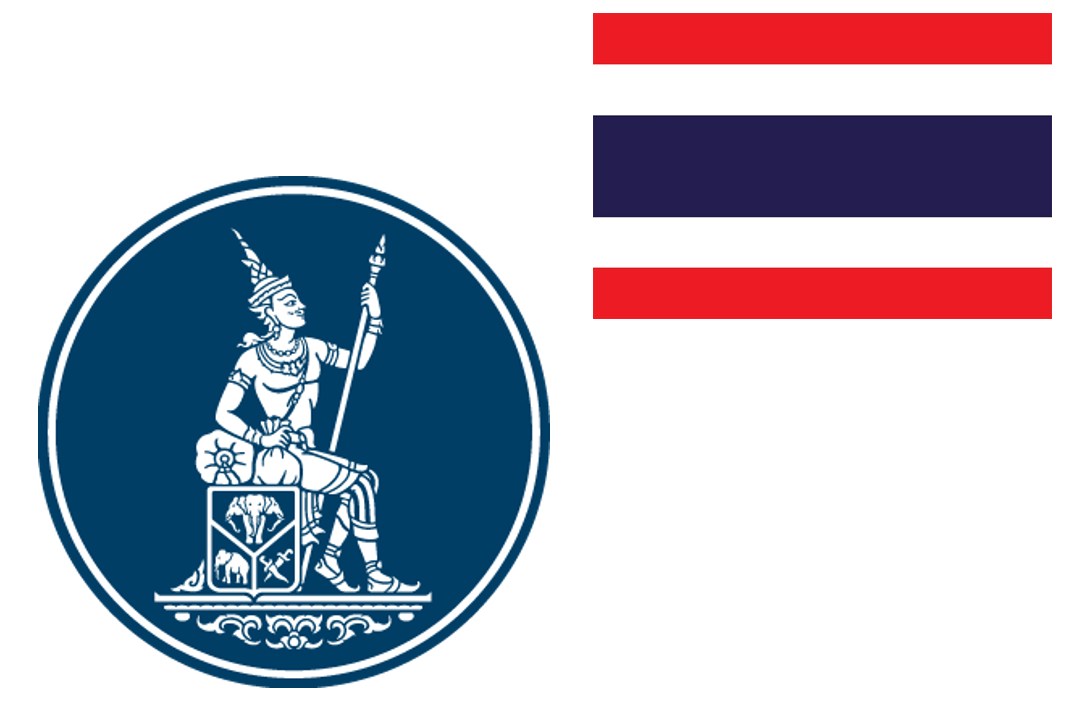
The Thai central bank is working with three payment service providers in a pilot scheme to test its retail central bank digital currency (CBDC), according to a local media report. The limited rollout will involve selected staff at the Bank of Ayudhya (Krungsri), Siam Commercial Bank (SCB) and 2C2P (Thailand), and merchants located around their respective headquarters.
Testing is expected to take place from June to August, and at Krungsri the pilot scheme has reportedly already gotten underway. The bank carried out an education program targeting both staff and merchants in the locality of its headquarters, before inviting staff and around 100 merchants to take part.
Staff members wishing to participate have to install a mobile banking app and add money, which they then convert to digital baht. Payment for goods and services is made by scanning a QR code at participating retailers.
Krungsri eventually hopes to enroll 2,000 staff members into the project. Krungsri Innovate managing director Sam Tanskul considers the early results to be a success, but stressed the need to differentiate the service from existing payment options:
“The bank educated both merchants and staff about retail CBDC before launching the pilot project, and the testing has run smoothly. […] The adoption of digital baht should benefit the country's digital economy in the long term. The bank needs to determine a strategy to differentiate retail CBDC from PromptPay service.”
PromptPay is the real-time interbank payment system in Thailand, and underpins the majority of current payment processes. While the uptake of a digital baht could ease peak period congestion in the PromptPay service, many will need a bigger incentive than that to make the change.
Siam Commercial Bank has also launched its staff CBDC wallet project. Across the three institutions taking part, the central bank expects around 10,000 participants to get involved.
The Bank of Thailand claims that a CBDC will improve the efficiency and convenience of payments while lowering costs, so discounts passing on these cost savings to CBDC-using customers may spring up. There is also the potential for CBDC to be used for state welfare payments, so a hybrid carrot/stick approach could emerge.

